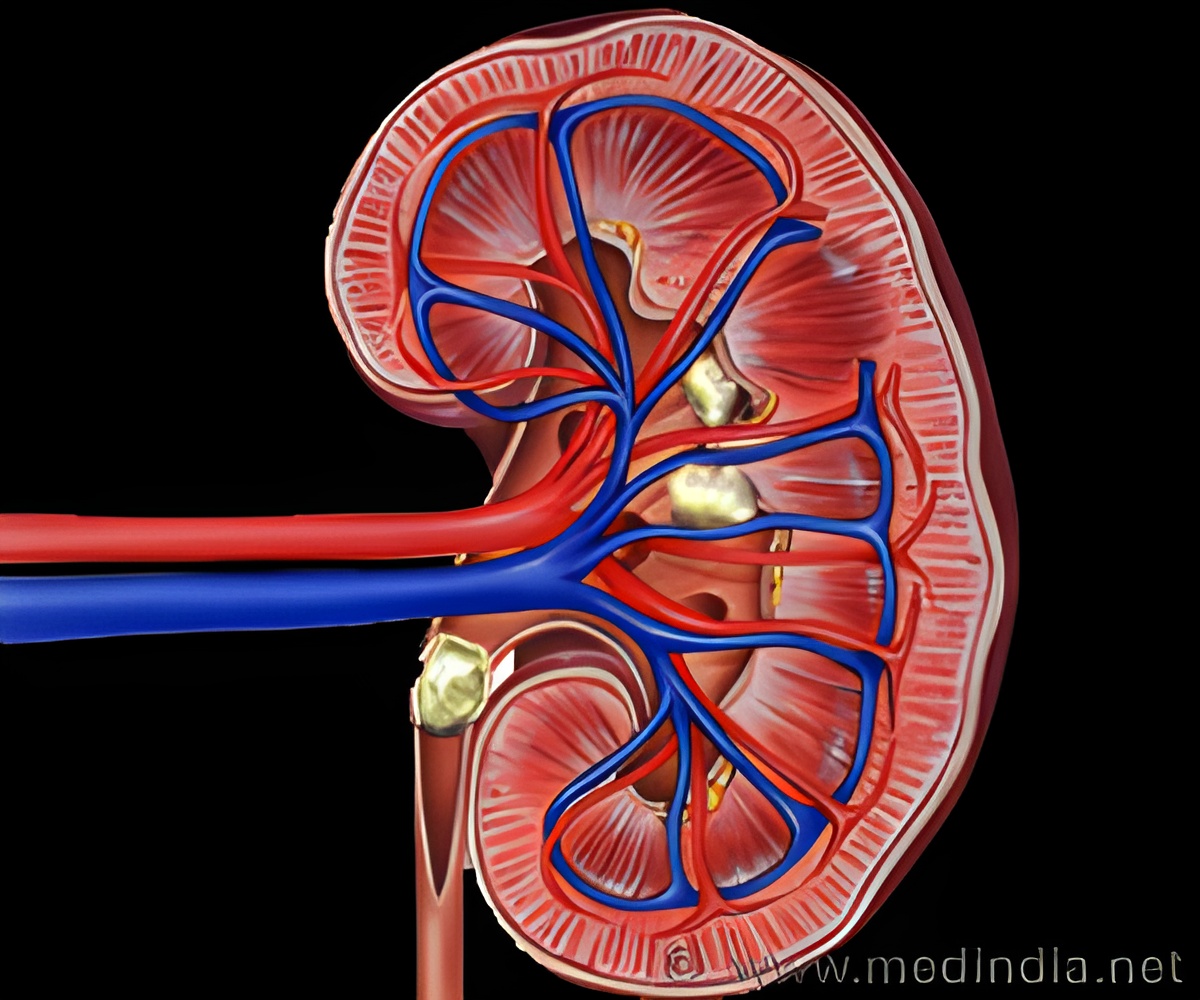Changes in oxalate levels in urine - a known risk factor for kidney stones - were linked to zinc intake. As zinc dropped, urinary oxalate changed dramatically.

"The ultimate goal of our research team is to prevent kidney stone formation and to understand the mechanisms by which they form a part of that effort," said lead author Thomas Chi, assistant professor of medicine at the University of California - San Francisco. "Kidney stones are hard, often jagged masses of crystallized minerals that form in the kidney."
Drinking too little water, exercise (too much or too little), obesity, weight loss surgery or eating too much salt or sugar in the food are the possible causes of kidney stones, according to the National Kidney Foundation, US. Infections and family history can also lead to kidney stones.
In the study, scientists examined humans and fruit flies to explore the interplay of zinc with oxalate, calcium and other minerals which form kidney stones.
"The idea made sense because our most recent research demonstrates that zinc is important for the mineralization and calcification processes that lead to urinary stones," Chi said.
The results showed that changes in oxalate levels in the urine, which is a known risk factor for kidney stones, tracked well with dietary zinc intake: as zinc dropped, urinary oxalate changed dramatically.
Advertisement
The study appeared in the scientific journal PLOS ONE.
Advertisement














